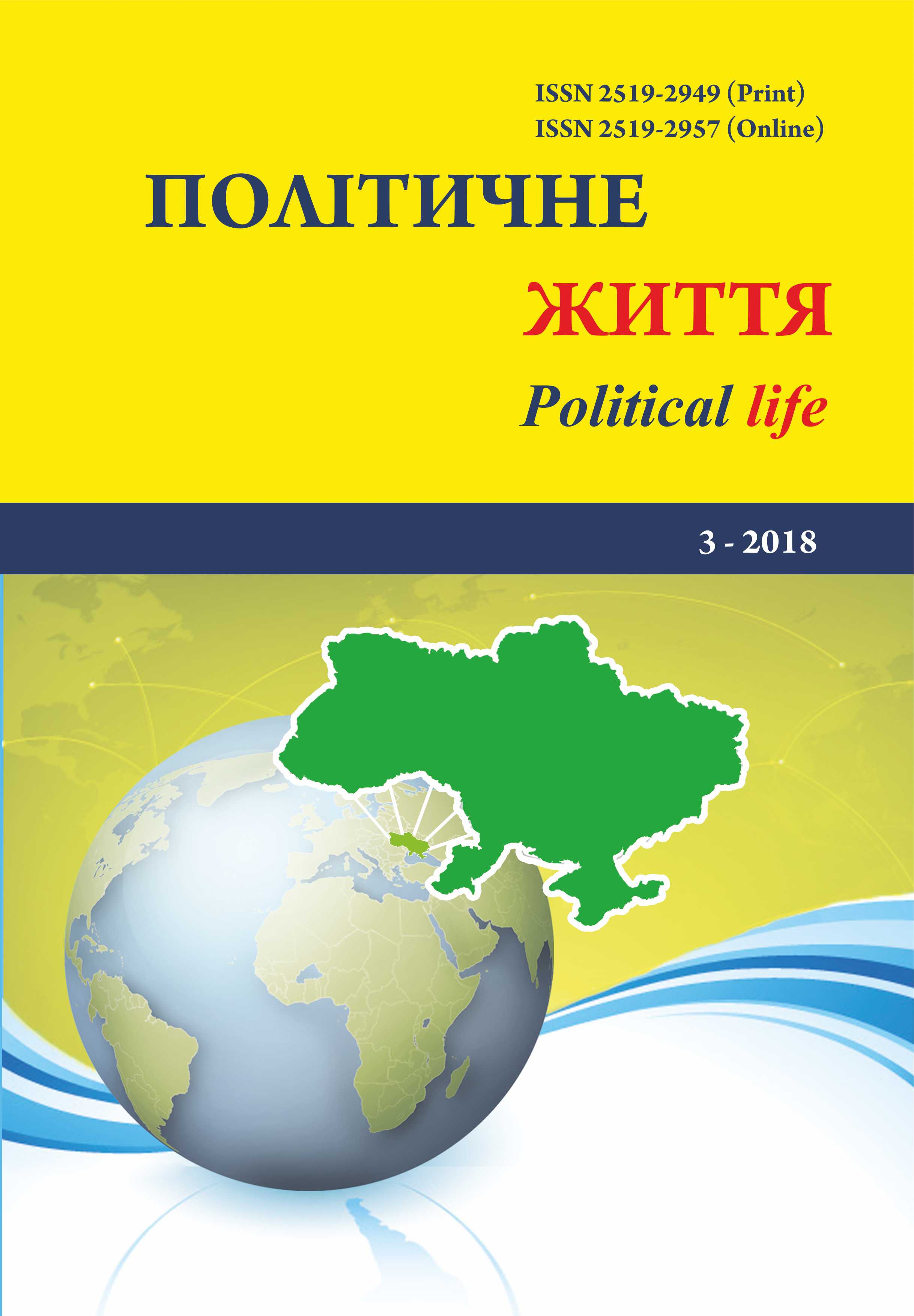The study of human rights violations and political situation in Georgia of last 30 years.
DOI:
https://doi.org/10.31558/2519-2949.2018.3.2Keywords:
Georgia, Human Rights, NGOs, violation, freedomAbstract
It is obvious fact that when it comes to political generations, they tend to be quite fluid. Generations as entities as such have different ways and coping mechanisms when it comes to violations of their rights as rightful citizens. The only aspect that never changes and fluctuates is the universality of human rights and its significance for democracy. The above-mentioned fluidity is often caused by a social action that is the result of most citizens being unsatisfied by the political processes in the country. The perfect example of the interrelation between human rights violations and people’s “reactions” towards this issue is the Republic of Georgia, which has been through wars, revolutions and protests throughout the history. Today’s Georgia is still struggling with lack of freedom and violation of Human Rights. Georgia now suffers from other human rights violations such as drug policy, right to privacy, sexual orientation. Georgia still does not have an effective independent mechanism for investigating abuse by law enforcement officials. The Georgian government has an attempt to transparently show all the political processes conducted to avoid further complication of human rights violations. It can be said that the new generation (aged 18-30) has considerably different preferences, feel the need and obligation to protest about issues that this century has brought about, the issues like LGBT rights, marijuana decriminalization, abortion, prostitution, transgender woman and their rights, violence against women, workers’ rights, etc. The reason that the new generation in Georgia is so politically active is that they realize the system is even affecting their everyday life and the ones surrounding them. The research paper covers the most politically important occasions over the last 30 years in Georgia and analyses the most crucial and severe human rights violations, following with the coping mechanisms and political behavior in different generations. The rights and freedoms being violated and discussed in the paper are the following: the right to freedom of opinion and expression, right to a fair social order. The tasks will be to evaluate violation of human rights during wars in Georgia, to investigate the role of NGOs in the protection of Human Rights and to research the changes in Human Rights in contemporary Georgia.References
Amnesty International. Georgia: Torture and ill-treatment two years after the "Rose Revolution". [Electronic source]. – Access mode: https://reliefweb.int/report/georgia/georgia-torture-and-ill-treatment-two-yearsafter-rose-revolution
Assembly, U. G. Universal declaration of human rights. / U. G, Assembly. – “UN General Assembly”, 1948
Cathcart, W. A Rave-olution Hits the Caucasus as Huge Crowds Gather in Tbilisi to Protest Shutdown of Clubs. [Electronic source]. – Access mode: https://www.thedailybeast.com/a-rave-olution-hits-the-caucasus-as-hugecrowds-gather-in-tbilisi-to-protest-shutdown-of-clubs
Cheterian, V. Georgia’s Rose Revolution: change or repetition? Tension between state-building and modernization projects / V. Cheterian // Nationalities Papers. – 2008. – 36 (4). – P. 689-712.
Coppieters, B. The Georgian-Abkhaz Conflict. / B. Coppieters. – “JEMIE, i”, 2004
Evans, C. Freedom of religion under the European Convention on Human Rights. / C. Evans. – “Oxford University Press”, 2001.
Fairbanks. C. H. Georgia’s Rose revolution / C. H. Fairbanks // Journal of Democracy. – 2004. – 15(2). – P. 110-124.
Hammond, L., & Anderson, K. Georgia/Abkhazia. Violations of the laws of war and Russia’s role in the conflict. [Electronic source]. – Access mode: https://www.hrw.org/reports/1995/Georgia2.htm
Johnson, C. Georgia: Marijuana Use Decriminalized. [Electronic source]. – Access mode: http://www.loc.gov/law/foreign-news/article/georgia-marijuana-use-decriminalized/
Kandelaki, G. Georgia’s Rose Revolution. / G. Kandelaki. – “USIP Special Report”, 2006.
Machiavelli, N., & Botha, A. Niccolò Machiavelli’s The Prince. / N. Machiavelli., & A. Botha. – “Botha”, 2003.
Mikaberidze, A. Historical dictionary of Georgia. /A. Mikaberidze. – “Rowman & Littlefield”, 2015
Navarro, A. Mexicano political experience in occupied Aztlán: Struggles and change. / A. Navarro. – “Rowman Altamira”, 2005
Ó Beacháin, D., & Coene, F. Go West: Georgia’s European identity and its role in domestic politics and foreign policy objectives / D. Ó Beacháin, & F. Coene // Nationalities Papers. – 2014. – 42(6). – P. 923-941.
Salukvadze, J. Market versus planning? Mechanisms of spatial change in post-Soviet Tbilisi / J. Salukvadze // City. – 1996. – (50). – P. 160-170
Welsh, C. Protests in Georgia after police raid Tbilisi nightclubs Bassiani and Café Gallery. [Electronic source]. – Access mode: http://www.factmag.com/2018/05/12/protests-georgia-tbilisi-bassiani-cafe-gallery/
Wheatley, J. Georgia from national awakening to Rose Revolution: delayed transition in the former Soviet Union. / J. Wheatley. – “Routledge”, 2017

